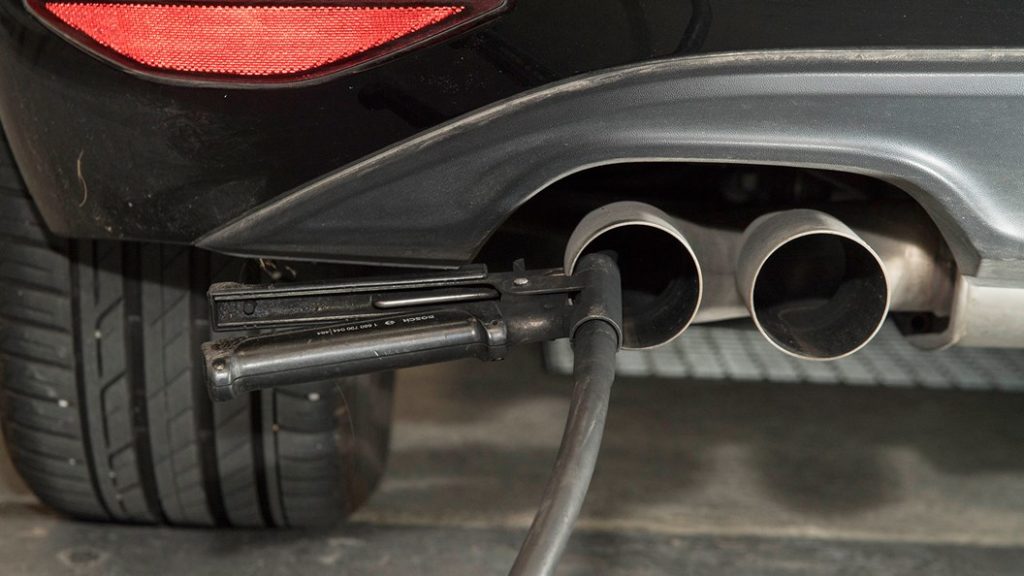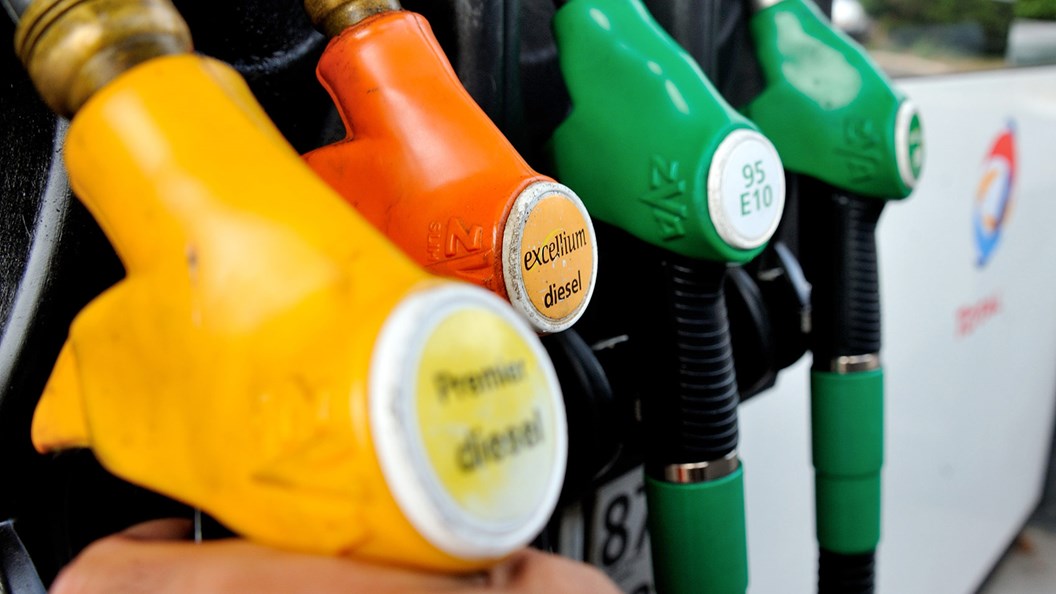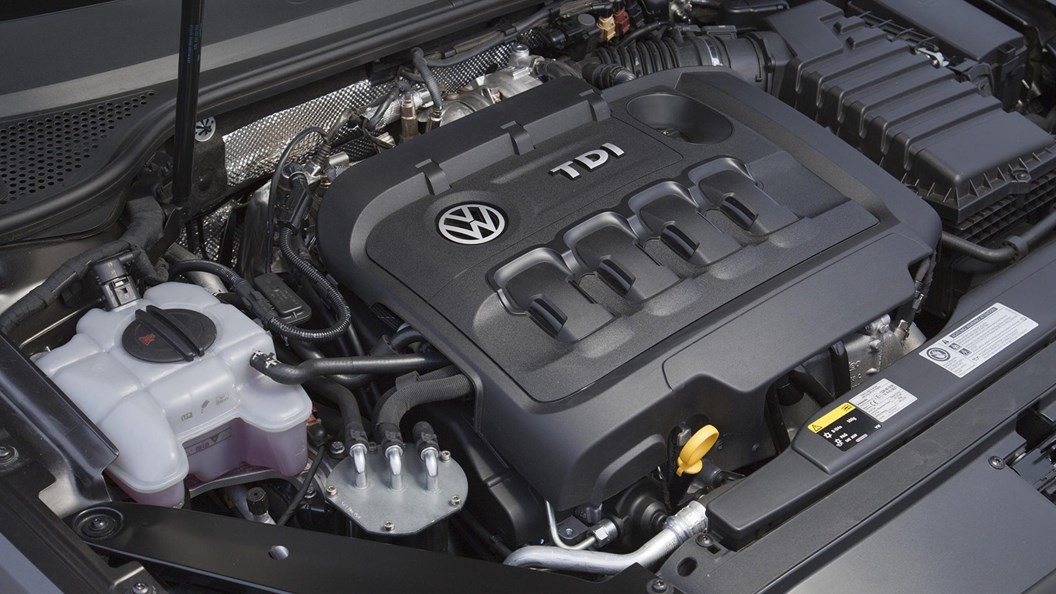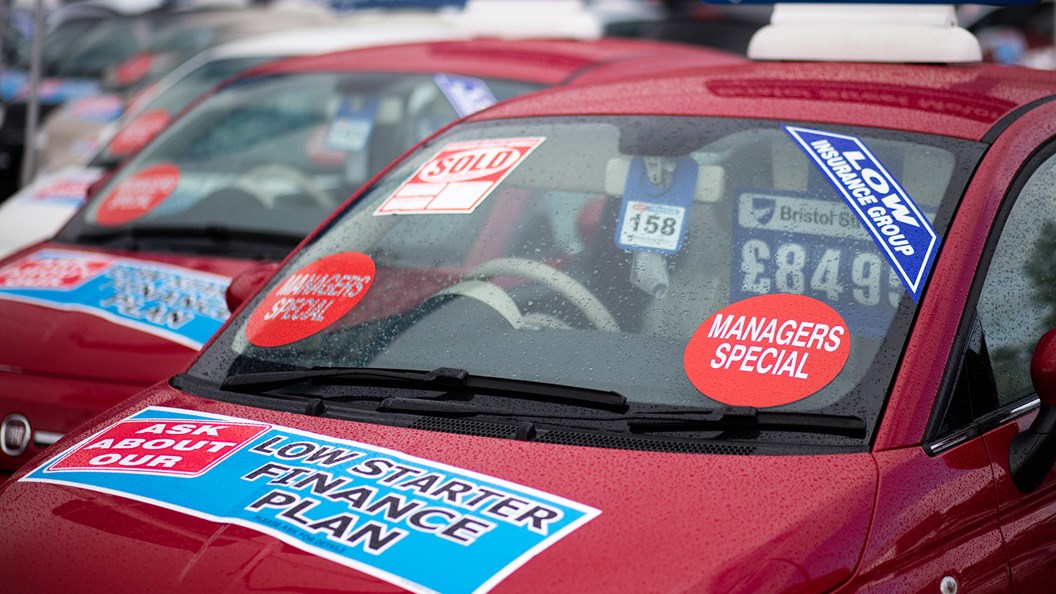The UK is falling out of love with diesel fast and official new car sales figures show the collapse in public trust continues, with registrations of oil-burners plummeting to just 16% market-share in 2020, down from a quarter of all car sales in 2019. How quickly motorists’ behaviour has changed.
Parsimonious, low-CO2 diesel cars were not long ago hailed as the answer to hard-pressed drivers’ dreams: a fuel that cleverly managed the trick of pulling off lower fuel consumption, exhaust emissions and running costs for higher miles-per-gallon fuel economy, effortless grunt and longer range between refills. What wasn’t to like?
French and Italian car makers led by the Fiat group pioneered common-rail injection and by the late 1990s the premium brigade had waded in; suddenly the BMW 330d looked appealingly fast and frugal, revolutionising the appeal of oil-burners that were hitherto viewed as dirty and dastardly. Britain’s motorists responded in kind: sales of diesel cars soared from just 19% of the mix back in 2007 to a record high of 56% in 2011. But then ‘VW Dieselgate’ happened in 2015, poleaxing the fuel’s appeal almost overnight.
The fall-out from the Volkswagen emissions scandal is still being felt – it’s reshaped Europe’s biggest car maker, accelerated the rise of electric cars and made diesel fuel public enemy no.1 in some quarters of the media. But is the hype justified? Isn’t diesel still a smart choice for many? And what should you do if you own a diesel car or are thinking of buying one in 2021?
Should you still buy a diesel car in 2021?
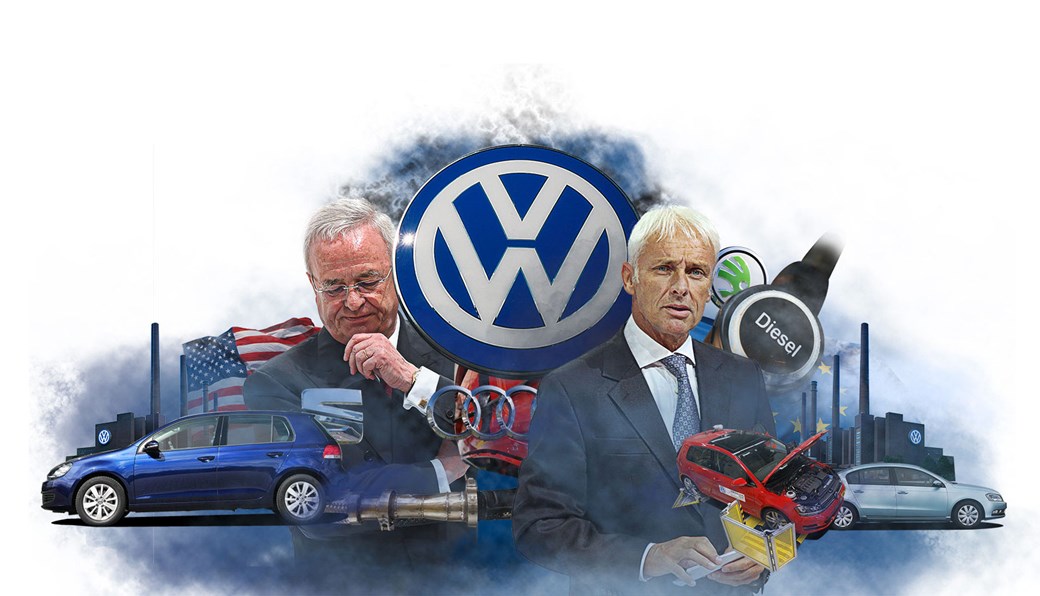
Diesel sales collapse: why Britons are being cautious
Car owners are still nervous in the aftermath of the emissions scandal. Governments in the UK and around the world are ratcheting up the anti-diesel rhetoric and diesel car tax regimes are looking less favourably on cars drinking from the black fuel pump. First-year vehicle excise duty (VED, or car tax) and company car tax surcharges have both increased for diesels.
The result? Motorists are facing rising tax costs and the spectre of lower residual values – and are voting with their feet. After all, if buyers are deserting diesel in droves, then surely your oil-burning car will be worth less when you come to sell it? No wonder motorists are left confused… It doesn’t help that diesel currently costs a few pence more per litre at the pump than unleaded.
But what should you do? Should you consider selling your diesel car now, before values collapse? Or is this all a storm in a teacup? In this explainer, we’ll look at all the issues surrounding diesel cars in 2021 – and attempt to answer the most common questions owners are facing.
So will diesel cars be banned in the UK?
Nobody is expecting diesel to be banned outright, although some urban centres are likely to outlaw the dirtiest models. From April 2019, London’s Ultra Low Emissions Zone (ULEZ) started charging diesels that don’t meet Euro 6 regulations an extra £12.50 a day, for instance. And that’s on top of the existing Congestion Charge…
It’s not all bad news, however.
As a fuel, diesel’s been around for more a century, don’t forget; Rudolf Diesel came up with the eponymous motorised engine in the late nineteenth century and it’s worth remembering that the fuel is chemically more energy-efficient than burning petrol (hence the superior mpg and fuel economy in a low CO2 diesel car).
The good news is that modern diesel engines – those meeting Euro 6 emissions regulations, and forthcoming, even tougher EU7 limits due mid-decade – are impressively clean, with sufficient exhaust after-treatment built in to trap the nasties that give diesel a bad name. Forget the file pictures of dirty taxis rolled out by TV news reports; a well-maintained modern diesel shouldn’t in fact belch out black smoke in cities.
Technology such as AdBlue and diesel particulate filters (DPF) are designed to filter out the soot particulates and nitrogen oxides (NOx) emissions that have been linked to ill health. (Volkswagen was caught artificially tricking its cars’ ECU electronic brains into lowering these in lab tests to meet ever stricter emissions laws, sparking the emissions scandal that broke in autumn 2015).
Future of diesel cars in the UK
Authorities worldwide are drawing up roadmaps to clean up internal combustion engines (ICE), as petrol and diesel cars enter their twilight years. Some countries are already pledging to phase out ICE entirely as soon as 2030-2040; the UK went one step further, announcing it would ban the sale of all pure combustion engine from 2030, and plug-in hybrids from 2035. Even so, the reality is that many economies will still rely on fossil fuels for many years, decades even, to come.
Our view is that many drivers, especially those doing long-distance trips and motorway miles (say 20,000+ miles a year), will likely still be financially better off picking a diesel car, on account of its better mpg. Check out typical fuel economy figures in our long-term tests to calculate your expected annual fuel bills – to see if you’d be better off with a diesel car. We’d wager many motorists will still be better off at the black pump.
If you consider the oil refinery infrastructure and the sheer volume of diesel vehicles on British roads (the SMMT tells CAR magazine there are 13.8 million diesel cars, vans and lorries registered today), you realise that the fuel cannot simply be abolished overnight. The country simply cannot switch wholesale from or to any one fuel source, whether that’s petrol, diesel, electricity or hydrogen. This will be a phased paradigm shift, most observers agree, rather than an overnight change.
Our forecast is that diesel will continue as part of the energy mix for many years to come (albeit with a falling market share), but will continue to clean up its act with the latest technology. Future legislation in Europe will impose ever-tougher emissions controls on cars that do burn fuel. So you can expect future Euro 7 laws from 2025 to clamp down on pollutants even further, meaning you can in fact buy a modern diesel car with confidence for some years to come.
Just be mindful the direction of travel is very much against diesel.
Will manufacturers stop selling diesel?
This is already happening in some quarters. Porsche has become the latest car manufacturer to shun diesel engines. Chief executive Oliver Blume confirmed in autumn 2018: ‘There will be no more diesels from Porsche in the future,’ blaming the fall-out from the Volkswagen group emissions scandal. The company had already suspended UK sales of diesels and the news means that they won’t return. It had never manufactured derv engines, instead sourcing them from sister brand Audi for its SUVs like the Macan and Cayenne. It’s now clear the sports car maker is betting big on its hybrids and electric cars taking over in future.
Suzuki has paused supply of diesel engines for the UK market, although you can still buy oil-burners from stock, and Toyota is gradually axing its diesel models from its entire car range (though its commercial vehicles and pick-ups will continue with derv versions for the foreseeable future). Much of the Fiat group, including Jeep, have pledged to phase diesel out in favour or hybrids and plug-in cars and Bentley has quietly axed the Bentayga Diesel. It’s a trend we’re seeing across the industry – you’ll struggle to buy a brand new diesel supermini nowadays because they’ve all been withdrawn from sale.
Admittedly, some car makers have vested interests in continuing to sell diesel engines. Just consider your typical usage before making your mind up – and don’t believe the hysterical headlines you may read in the popular press.
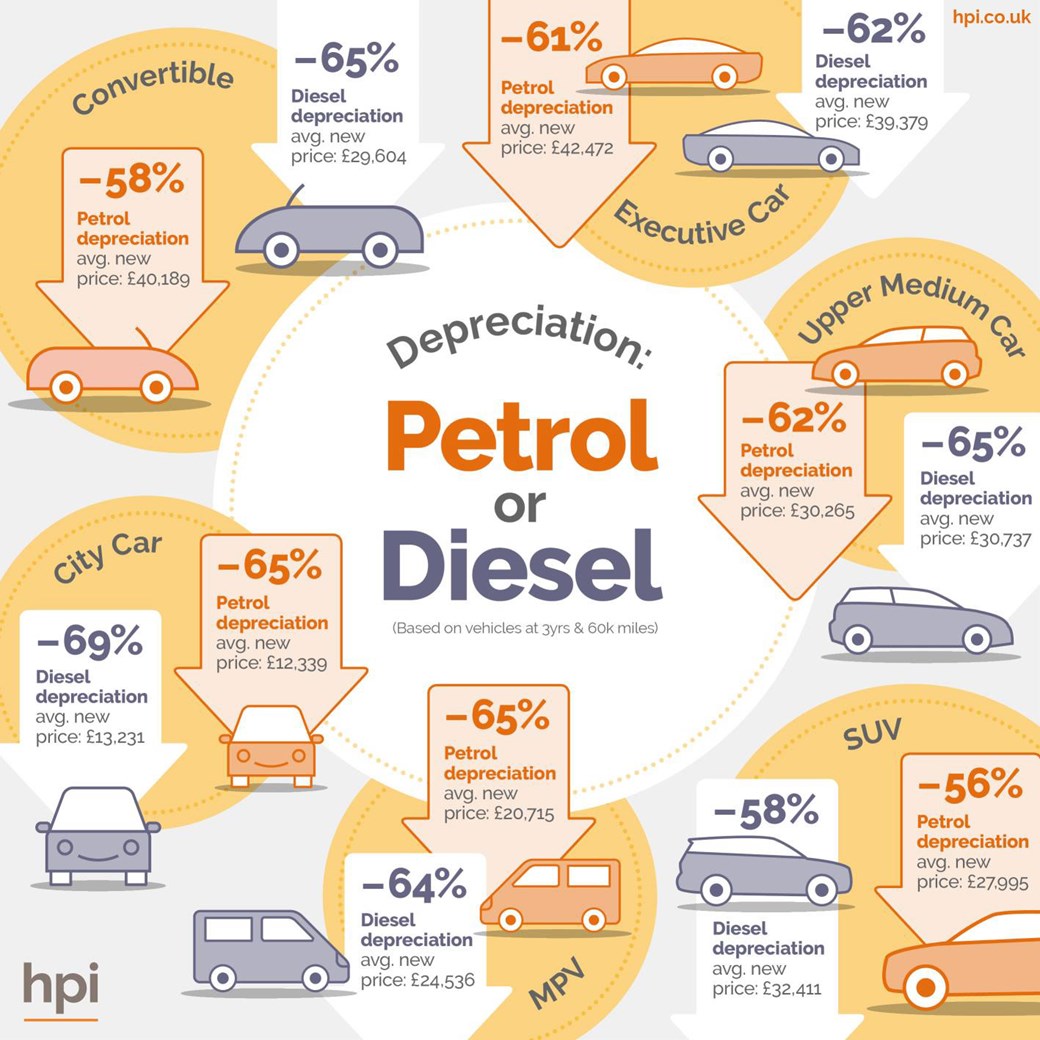
‘There is no right or wrong answer when choosing a petrol or diesel car,’ its experts said. ‘With so many variables across the whole vehicle sector ranging from the class of vehicle to driver usage having an impact on values, some options will be more suitable for some motorists than others.’
I’m still not convinced by a diesel though… should I take the plunge and go for a hybrid or electric car?
Many buyers are at this crossroads in 2021. For some, being an early adopter will be anathema – a plug-in car might be suitable for their next-but-one purchase, once a better recharging infrastructure is in place – but others may find they can switch to an electric car already, especially if they do lower, more predictable mileages and have access to charging points at work and home.
Source: https://www.carmagazine.co.uk
CUT COTS OF THE FLEET WITH OUR AUDIT PROGRAM
The audit is a key tool to know the overall status and provide the analysis, the assessment, the advice, the suggestions and the actions to take in order to cut costs and increase the efficiency and efficacy of the fleet. We propose the following fleet management audit.


